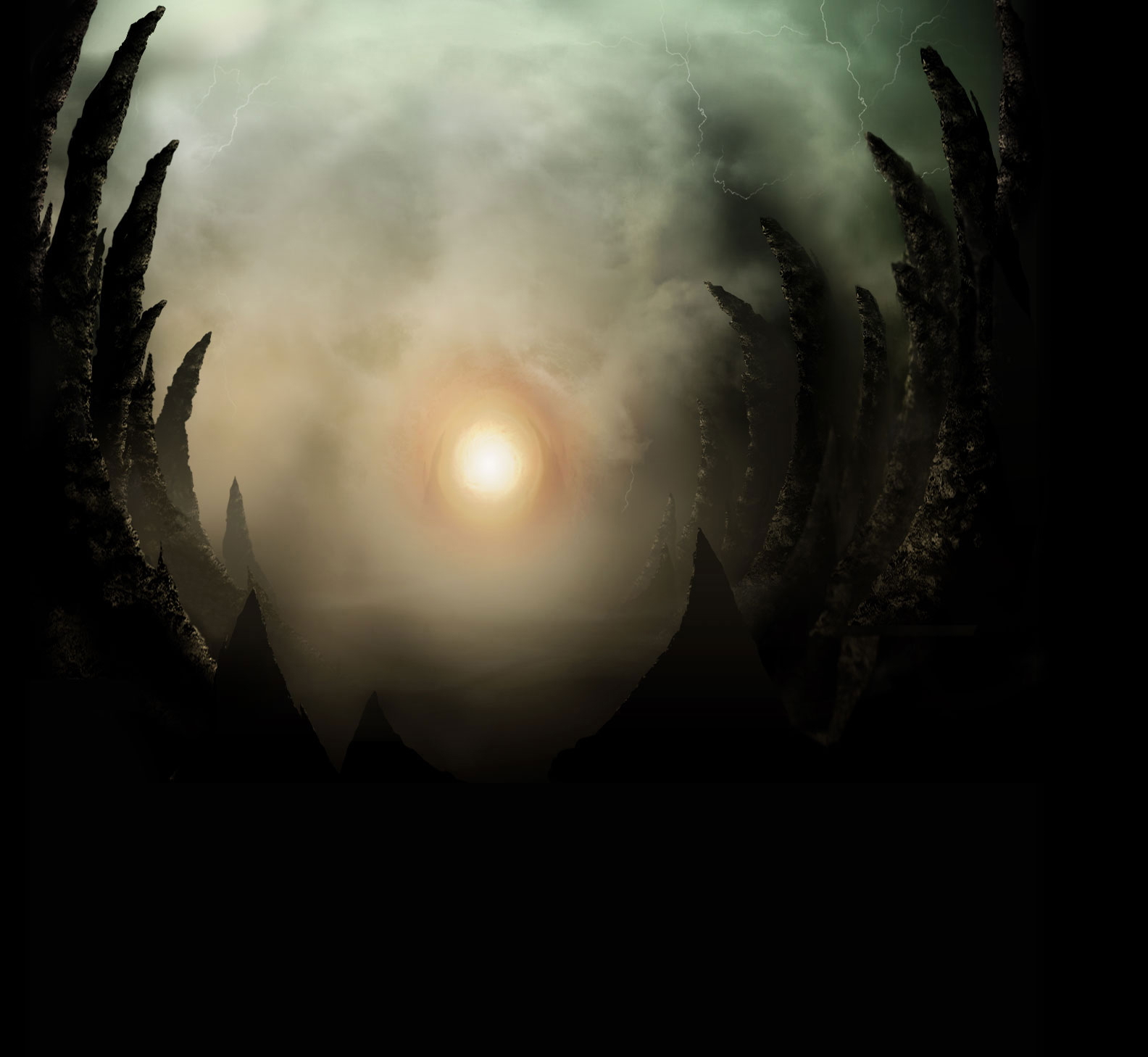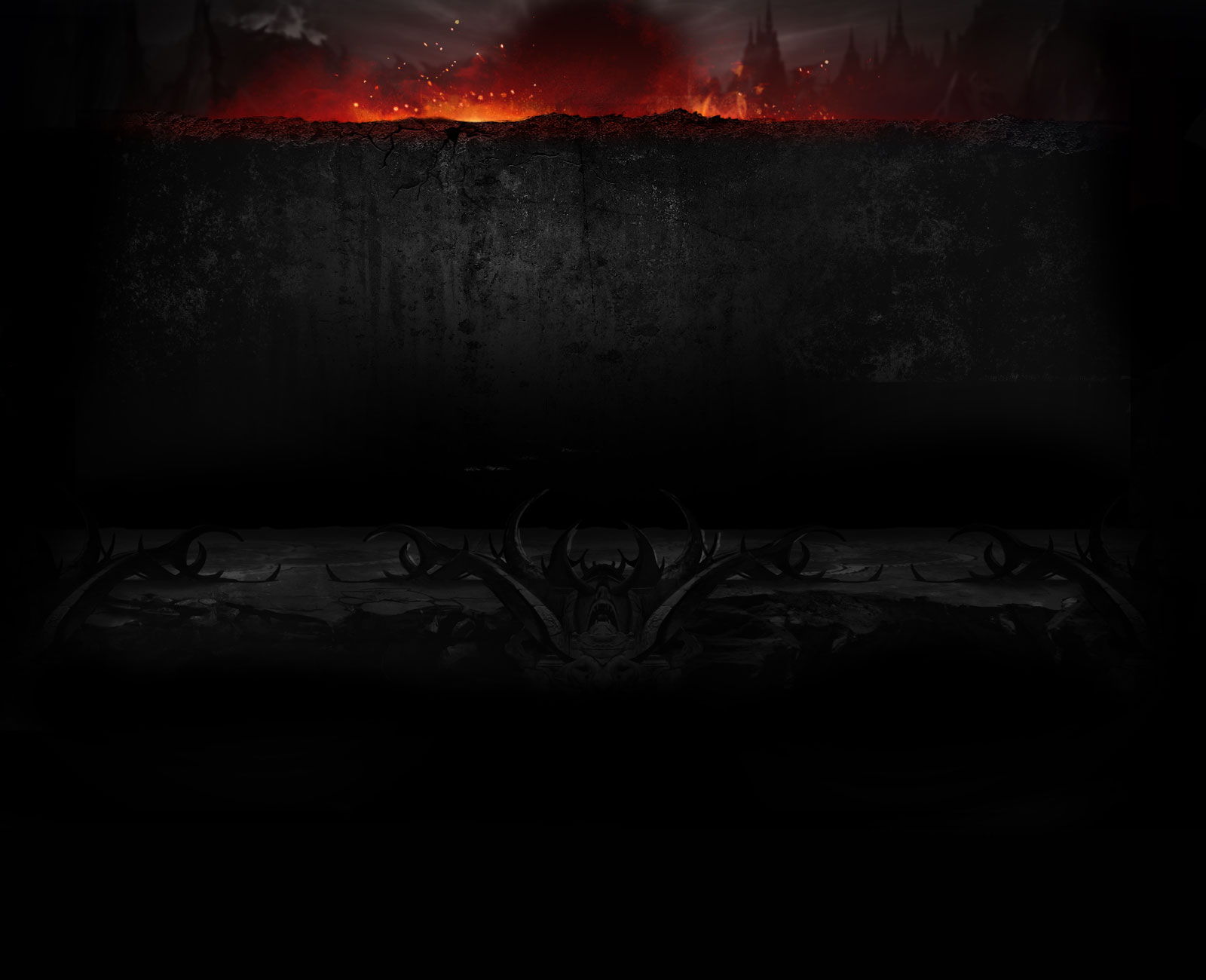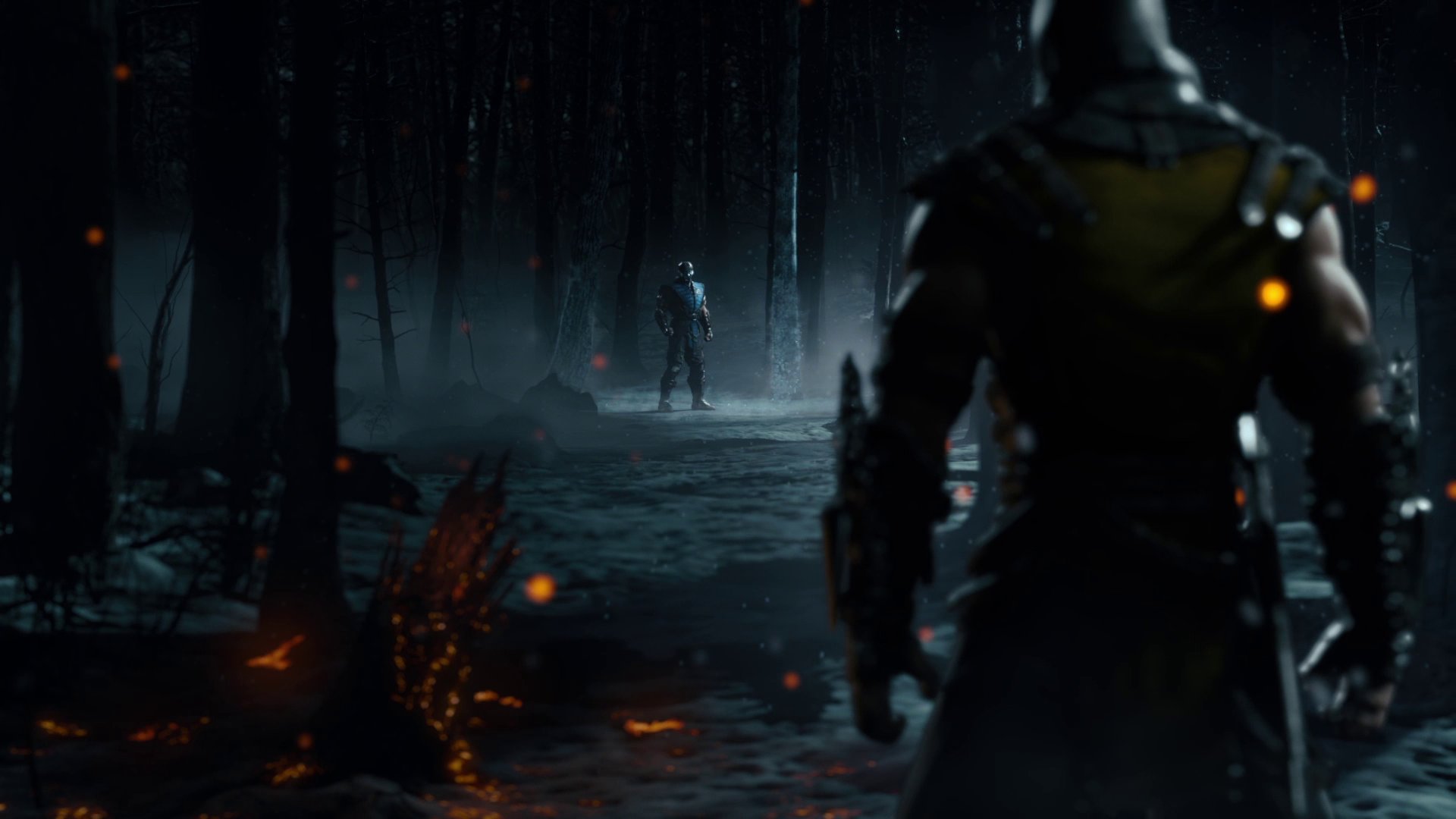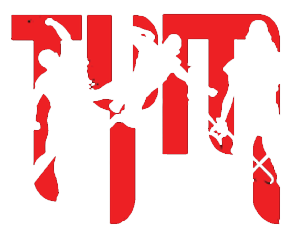Pig Of The Hut
Day 0 Phenomenal Dr. Fate and Darkseid player
The most important thing to understand about Final Fantasy XIII, the latest in the world’s most popular line of role-playing games, is that it isn’t a role-playing game.
You don’t have to take my word for it. Just ask its creators: In a recent interview, the director of this PlayStation 3 and Xbox 360 game (available March 9) said the changes he made to this installment were so dramatic that it constituted a “new genre” outside the “RPG template.”
Various Final Fantasy directors have been making big tweaks to the series’ gameplay ever since it began in 1987, and it’s not as if there is some untouchable canon the series can never violate. In fact, coming up with fresh ideas is how Final Fantasy has stayed afloat in a stagnating Japanese RPG market.
This version’s gimmick is that it pares down the gameplay to a few basic elements: Turn-based battles against mobs of fantastic creatures and elaborate, movielike story sequences. But this time, Square Enix finally threw the baby out with the bathwater: The things that make RPGs feel so different from other games — the sense of a grand, nonlinear adventure and the rising and falling action of an open-ended world — are gone.
Final Fantasy XIII isn’t an RPG; it’s something less.
In large part, Final Fantasy fans play the games for the stories. These generally revolve around a ragtag group of misfits, living on the outskirts of an oppressive society, who level up until they are powerful enough to kill God — and usually have to before the end credits will roll. XIII’s take on the formula is a story of two worlds: Cocoon and Pulse. Cocoon is where all the good people live; Pulse is the freaky Other world that everyone would rather not think about.
XIII’s story is good — a little more human and less esoteric than in previous games — but it’s no Heavy Rain. It’s still over-the-top and cartoony, more like an anime box set than a feature film. The pleasure still comes largely from the design of the characters, the world and the legions of grotesque creatures that inhabit it. It bursts with color and variety, taking you from gorgeous natural environments to futuristic cities.
The music, which has been a hallmark of the series since Day 1, also excels. Longtime composer Nobuo Uematsu may be long gone, but in his stead Masashi Hamauzu (Unlimited SaGa) turns in a score with catchy hooks and blood-pumping battle melodies.
Through a series of hilarious misunderstandings and machinations by Cocoon’s transparently evil theocracy, our six heroes all get marked as servants of Pulse. Everybody on Cocoon freaks out, and the heroic half-dozen are branded enemies of the state, which means that they’re constantly fighting things everywhere they go.
And I mean everywhere. Final Fantasy XIII is an almost entirely unbroken string of battles against mobs of monsters. One of the reasons this isn’t an RPG is that role-playing games have some degree of variety. Previous games in the series, for all their differences, have been set in large, open-ended worlds that players can explore leisurely. You could find new towns and locations on the map, talk to people, buy new equipment and spend time hanging around the town fighting low-level monsters to raise your stats before tackling the next big dungeon.
In contrast, XIII is all big dungeons. The exit of each one is stitched directly onto the entrance of the next. You can never slow down and take the game at your own pace; it’s a constant rush forward, with no time to deliberate or relax. This is the big mark in the loss column for Final Fantasy XIII, because the sense of rising and falling action, tension and release, is what made previous games in the genre uniquely enjoyable. That’s why RPGs feel like epic journeys and not just really long videogames.
With the game design thus stripped down to a series of battles, the moment-to-moment action of the battle system — being the only meaningful interaction between the player and this game — must carry the player’s enjoyment all on its own. And although it has some appealing features, on balance, it didn’t do this for me.
Battles in Final Fantasy games are about picking actions off a menu and watching your characters execute them. In XIII, you only directly control one character; the others are run by the computer. Besides this, the game begins no differently: You select “Fight” from the menu and watch everybody go to town, using potions as necessary to bump your hit points back up. But as the game goes on, it trickles new features in, slowly raising the complexity.
Soon, it’s not enough to merely reduce the enemy’s hit points; you have to build up another, separate gauge and get the enemy into the “Stagger” state, where he lurches around and becomes especially vulnerable to attacks. Once you’re comfortable with that, your characters can be assigned roles, which specialize in certain types of actions: The medic can use healing magic, the saboteur can weaken the enemy’s defenses, etc.
It’s run-of-the-mill stuff for the series, but here’s the twist: You can set up to six different combinations of roles before each battle, and in battle you switch between these combinations, which are called Paradigms. Final Fantasy XIII’s battles are about considering not just the six individual roles, but the many different combinations of roles that you can assign to your three characters, and how they work together during battle.
Once the game gets to this fully operational status, the battles become much more interesting. But it takes around 20 hours, prior to which the game is boring as hell. Final Fantasy XIII ramps up achingly slowly, only giving you two characters at first, and limiting the roles and characters you can use. For much of the time, you’re just watching the game play itself. For the first half of the game, using the roles that you’ve been given to obliterate anything that comes your way requires less strategy than beating a toddler at Connect Four.
This problem is exacerbated by the fact that Final Fantasy XIII is relentlessly linear. I’ve said this before, but it bears repeating: Many other RPGs are linear in the metaphorical sense, but the vast majority of this game is literally a straight line. Like the internet, it is a series of tubes in which you run forward, forward, ever forward, fighting battle after battle, breaking only to watch the lavish story sequences.
There’s a single exception. At about the 25-hour mark, you finally descend into the world of Pulse. Gran Pulse is a large open hub that breaks off into … well, more tubes, little winding capillaries that spider out from the heart. But the appeal of this area is less about the geography and more about what it represents — you can take a break from the story and undertake missions, which all involve killing some monster or another. These let you build up your stats, encounter side stories and generally avoid having to push forward.
This area came just at the right time, because I was sick of being in the tube. This was the most fun I had with XIII. But it’s too little and comes way too late: There’s not that much to do, because the missions just make you run back and forth across the plains killing monsters, and having to put up with all that bad level design just to get a little taste of (relative) freedom is the very definition of unbalanced. Then, once you’re done having fun, it’s back in the tube till the end of the game.
In a way, Pulse feels vestigial, the remnant of an old game design that the XIII team wanted to ditch but couldn’t entirely. For all the sacred cows that this game slaughters, it still clings to tons of almost-useless features. You can ride Chocobos (in one area, for a moment), you can use potions in battle (though you never need to), there are shops (that sell nothing essential), etc.
Taken together, these little bits of window dressing seem to be an apologetic gesture to series fans, little functionless adornments that remind one that this is still a Final Fantasy game. But it’s missing the big stuff, and that’s more important: I don’t need Chocobos to be happy, but I do need more than this.
Japanese RPGs, on the whole, have significantly lost their shine over the last few years. For all its flaws, Final Fantasy XIII has a certain level of polish that makes it more engaging than its peers, even if they hew closer to the old formula.
The fact that Final Fantasy designers are so willing to experiment is a good thing, because it’ll keep the genre from dying off. But Final Fantasy XIII should be considered a failed experiment. We can only hope it’s a stumble on the path to a brighter RPG future.
I agree with this man's review WORD FOR WORD FOR WORD 150% - I could not put it any better myself other than killing it a little more with harsh words. All that being said I'm finishing it to finish the game cause i finish what i start and have done so with all other FF games.
Rating : C or in gamespot's scoring system (7.2)
http://www.wired.com/gamelife/2010/0...y-xiii-review/
Looking forward to hearing responses from people who agree but mainly from people who disagree
You don’t have to take my word for it. Just ask its creators: In a recent interview, the director of this PlayStation 3 and Xbox 360 game (available March 9) said the changes he made to this installment were so dramatic that it constituted a “new genre” outside the “RPG template.”
Various Final Fantasy directors have been making big tweaks to the series’ gameplay ever since it began in 1987, and it’s not as if there is some untouchable canon the series can never violate. In fact, coming up with fresh ideas is how Final Fantasy has stayed afloat in a stagnating Japanese RPG market.
This version’s gimmick is that it pares down the gameplay to a few basic elements: Turn-based battles against mobs of fantastic creatures and elaborate, movielike story sequences. But this time, Square Enix finally threw the baby out with the bathwater: The things that make RPGs feel so different from other games — the sense of a grand, nonlinear adventure and the rising and falling action of an open-ended world — are gone.
Final Fantasy XIII isn’t an RPG; it’s something less.
In large part, Final Fantasy fans play the games for the stories. These generally revolve around a ragtag group of misfits, living on the outskirts of an oppressive society, who level up until they are powerful enough to kill God — and usually have to before the end credits will roll. XIII’s take on the formula is a story of two worlds: Cocoon and Pulse. Cocoon is where all the good people live; Pulse is the freaky Other world that everyone would rather not think about.
XIII’s story is good — a little more human and less esoteric than in previous games — but it’s no Heavy Rain. It’s still over-the-top and cartoony, more like an anime box set than a feature film. The pleasure still comes largely from the design of the characters, the world and the legions of grotesque creatures that inhabit it. It bursts with color and variety, taking you from gorgeous natural environments to futuristic cities.
The music, which has been a hallmark of the series since Day 1, also excels. Longtime composer Nobuo Uematsu may be long gone, but in his stead Masashi Hamauzu (Unlimited SaGa) turns in a score with catchy hooks and blood-pumping battle melodies.
Through a series of hilarious misunderstandings and machinations by Cocoon’s transparently evil theocracy, our six heroes all get marked as servants of Pulse. Everybody on Cocoon freaks out, and the heroic half-dozen are branded enemies of the state, which means that they’re constantly fighting things everywhere they go.
And I mean everywhere. Final Fantasy XIII is an almost entirely unbroken string of battles against mobs of monsters. One of the reasons this isn’t an RPG is that role-playing games have some degree of variety. Previous games in the series, for all their differences, have been set in large, open-ended worlds that players can explore leisurely. You could find new towns and locations on the map, talk to people, buy new equipment and spend time hanging around the town fighting low-level monsters to raise your stats before tackling the next big dungeon.
In contrast, XIII is all big dungeons. The exit of each one is stitched directly onto the entrance of the next. You can never slow down and take the game at your own pace; it’s a constant rush forward, with no time to deliberate or relax. This is the big mark in the loss column for Final Fantasy XIII, because the sense of rising and falling action, tension and release, is what made previous games in the genre uniquely enjoyable. That’s why RPGs feel like epic journeys and not just really long videogames.
With the game design thus stripped down to a series of battles, the moment-to-moment action of the battle system — being the only meaningful interaction between the player and this game — must carry the player’s enjoyment all on its own. And although it has some appealing features, on balance, it didn’t do this for me.
Battles in Final Fantasy games are about picking actions off a menu and watching your characters execute them. In XIII, you only directly control one character; the others are run by the computer. Besides this, the game begins no differently: You select “Fight” from the menu and watch everybody go to town, using potions as necessary to bump your hit points back up. But as the game goes on, it trickles new features in, slowly raising the complexity.
Soon, it’s not enough to merely reduce the enemy’s hit points; you have to build up another, separate gauge and get the enemy into the “Stagger” state, where he lurches around and becomes especially vulnerable to attacks. Once you’re comfortable with that, your characters can be assigned roles, which specialize in certain types of actions: The medic can use healing magic, the saboteur can weaken the enemy’s defenses, etc.
It’s run-of-the-mill stuff for the series, but here’s the twist: You can set up to six different combinations of roles before each battle, and in battle you switch between these combinations, which are called Paradigms. Final Fantasy XIII’s battles are about considering not just the six individual roles, but the many different combinations of roles that you can assign to your three characters, and how they work together during battle.
Once the game gets to this fully operational status, the battles become much more interesting. But it takes around 20 hours, prior to which the game is boring as hell. Final Fantasy XIII ramps up achingly slowly, only giving you two characters at first, and limiting the roles and characters you can use. For much of the time, you’re just watching the game play itself. For the first half of the game, using the roles that you’ve been given to obliterate anything that comes your way requires less strategy than beating a toddler at Connect Four.
This problem is exacerbated by the fact that Final Fantasy XIII is relentlessly linear. I’ve said this before, but it bears repeating: Many other RPGs are linear in the metaphorical sense, but the vast majority of this game is literally a straight line. Like the internet, it is a series of tubes in which you run forward, forward, ever forward, fighting battle after battle, breaking only to watch the lavish story sequences.
There’s a single exception. At about the 25-hour mark, you finally descend into the world of Pulse. Gran Pulse is a large open hub that breaks off into … well, more tubes, little winding capillaries that spider out from the heart. But the appeal of this area is less about the geography and more about what it represents — you can take a break from the story and undertake missions, which all involve killing some monster or another. These let you build up your stats, encounter side stories and generally avoid having to push forward.
This area came just at the right time, because I was sick of being in the tube. This was the most fun I had with XIII. But it’s too little and comes way too late: There’s not that much to do, because the missions just make you run back and forth across the plains killing monsters, and having to put up with all that bad level design just to get a little taste of (relative) freedom is the very definition of unbalanced. Then, once you’re done having fun, it’s back in the tube till the end of the game.
In a way, Pulse feels vestigial, the remnant of an old game design that the XIII team wanted to ditch but couldn’t entirely. For all the sacred cows that this game slaughters, it still clings to tons of almost-useless features. You can ride Chocobos (in one area, for a moment), you can use potions in battle (though you never need to), there are shops (that sell nothing essential), etc.
Taken together, these little bits of window dressing seem to be an apologetic gesture to series fans, little functionless adornments that remind one that this is still a Final Fantasy game. But it’s missing the big stuff, and that’s more important: I don’t need Chocobos to be happy, but I do need more than this.
Japanese RPGs, on the whole, have significantly lost their shine over the last few years. For all its flaws, Final Fantasy XIII has a certain level of polish that makes it more engaging than its peers, even if they hew closer to the old formula.
The fact that Final Fantasy designers are so willing to experiment is a good thing, because it’ll keep the genre from dying off. But Final Fantasy XIII should be considered a failed experiment. We can only hope it’s a stumble on the path to a brighter RPG future.
I agree with this man's review WORD FOR WORD FOR WORD 150% - I could not put it any better myself other than killing it a little more with harsh words. All that being said I'm finishing it to finish the game cause i finish what i start and have done so with all other FF games.
Rating : C or in gamespot's scoring system (7.2)
http://www.wired.com/gamelife/2010/0...y-xiii-review/
Looking forward to hearing responses from people who agree but mainly from people who disagree





